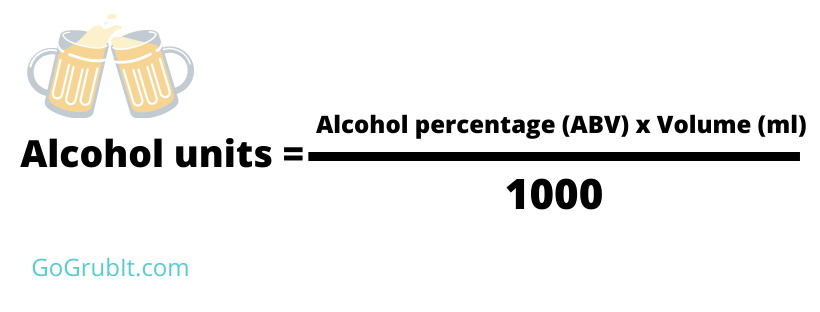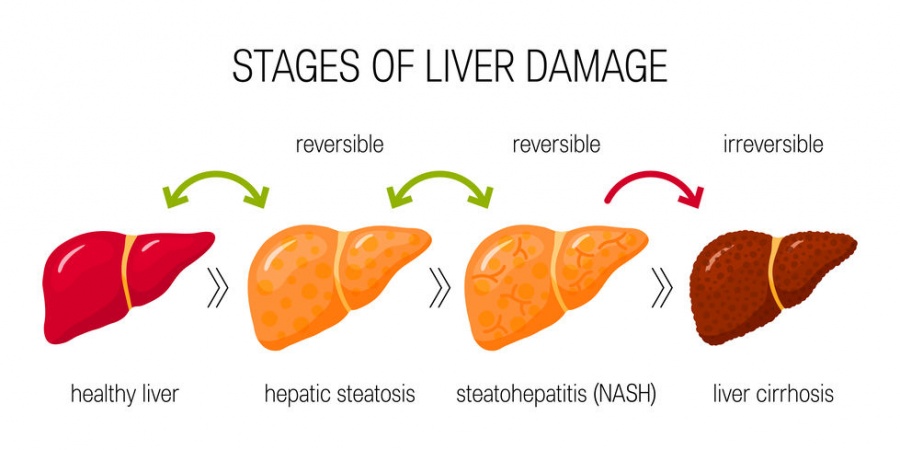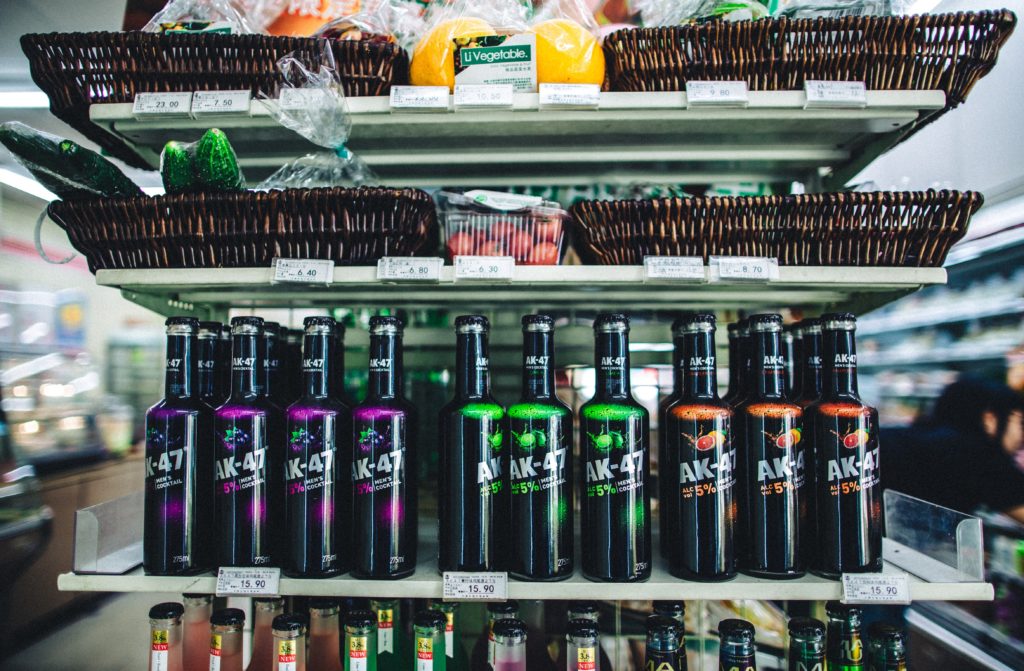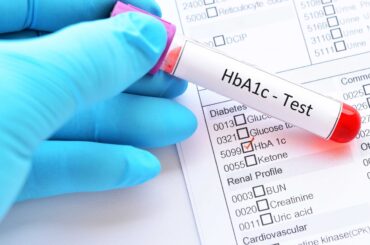Some people like to have a drink once in a while, while others drink every day. While some people take only a small glass, others would like to have a bottle or two in a single go.
What is recommended by doctors? Most people don’t know the science behind drinking. In this post, we are talking about the science behind alcohol. So you know what’s behind your drink before you drink.
Before I start the post, I don’t recommend anyone to start drinking. If you are someone who is not drinking alcohol, then the healthiest choice is to stay away from alcohol.
So let’s talk about alcohol,
It’s all about the units
There are different types of beverages containing alcohol, wine, beer, whiskey, and so on. Ultimately it’s not the type of alcohol that matters but the amounts of units you consume.
The NHS guidelines currently suggest both men and women should not drink more than 14 units of alcohol per week regularly. And if you plan on drinking 14 units a week, you will have to spread that within three or more days during the week.
If you are from an Asian country, keep in mind that the number of alcohol units you can drink is less than that of someone from a western country.
How do I calculate the alcohol units?
Calculating the alcohol units is very simple.
First, you need the percentage of alcohol in the drink, also known as the ABV value. And the volume you plan on drinking.
For example, your regular beer is 8 percent of alcohol, which means if you get 100ml of beer, only 8ml will be alcohol.
You can calculate the number of units by using the following formula.

Therefore a 400ml can of an 8 percent beer would contain 2 units of alcohol.
By calculating the units, you can get an idea about the volume you can safely drink within a day.
What happens if you regularly drink more than 14 units per week?
If you regularly drink more than 14 units a week for a considerable period, it will begin to affect your health negatively. Most importantly, your liver.
The toxic chemicals of alcohol are metabolized (or inactivated in simple terms) by your liver. Even though it may sound simple, but it’s a very demanding task for your liver.
When you drink more than you should, it is going to exceed the capacity of your liver to detoxify them. And the toxic chemicals get accumulated in your liver, and they will eventually damage your liver.
Luckily for you, the liver can regenerate and repair itself, but when your liver gets damaged repeatedly by drinking, it will eventually stop repairing itself. The final result is you are going to end up with a failing liver.

It progresses very slowly, and you won’t realise that until it’s too late.
The first changes include your developing fatty liver unless you cut down your drinking, in years to come, your fatty liver will progress to cirrhosis and may end up in liver cell carcinoma.
Cirrhosis is a state where your liver tissue is replaced by nonfunctioning fibrous tissue, these tissues can’t function as the liver. They will also block your liver’s blood supply, and fluid will get accumulated in your abdomen.
Not only that, chronic alcoholism is known to cause several other complications, including increased risk of developing gastric, esophageal, and colorectal carcinoma.
So it’s very important to limit your alcohol consumption and at the same time drink responsibally.
How to cut down your drinking?

If you are someone who is drinking more than the recommended amout or planning on cutting down drinking, you can follow some of these steps.
- Don’t drink on an empty stomatch.
- Sip your drinks slowly.
- Slowly cut down your alcohol volume per day.
- Try non-alcoholic alternatives.
- Resist your craving for drinking by focusing on doing something productive.
- Keep an eye on peer-pressure and avoid peer-pressure as much as possible.
- Don’t keep alcohol in your house. Having no alcohol at home can help limit your drinking.
And if these tips don’t seem to work, then seek help from a healthcare professional.
So make sure you keep these things in mind before your next drink.




